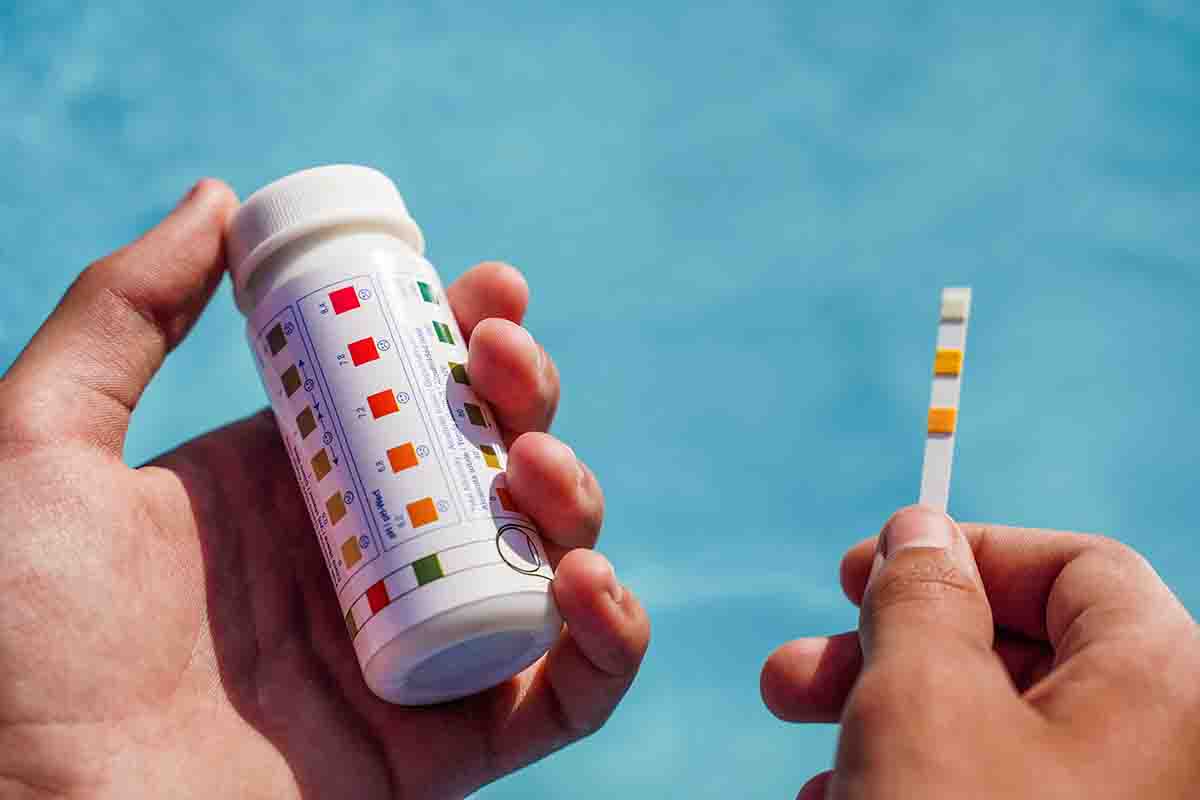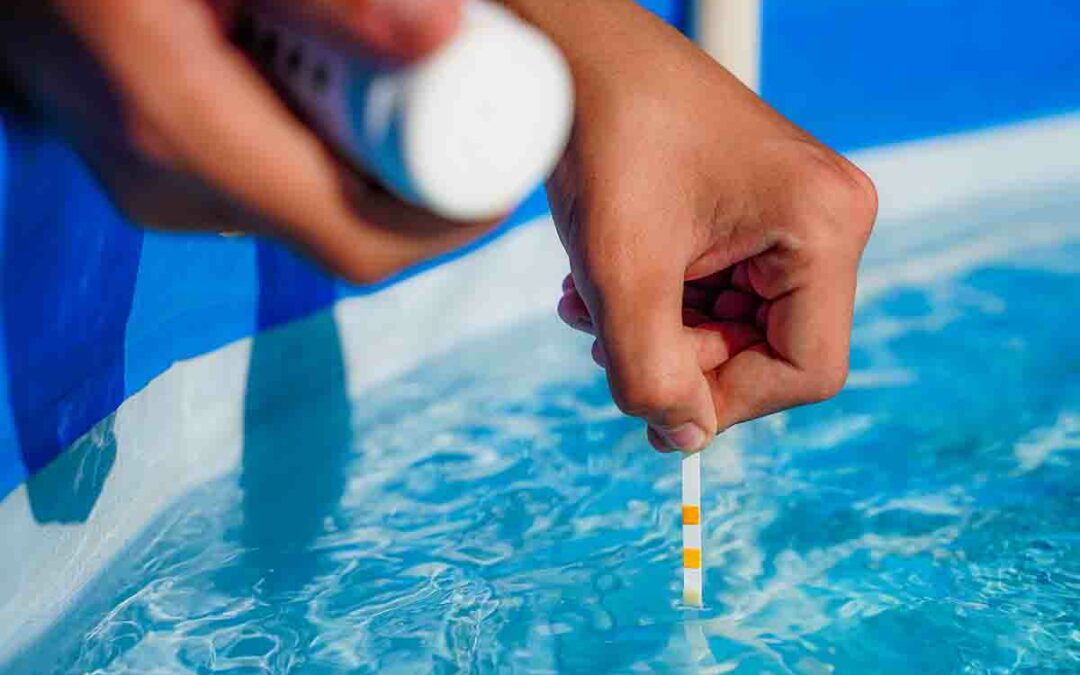Maintaining a swimming pool isn’t merely about adding water and chemicals; it requires regular monitoring and proactive action to ensure it remains a safe and enjoyable environment. Frequently testing your swimming pool water is a critical aspect of pool maintenance, ensuring both the health of swimmers and the longevity of the pool infrastructure.
Ensuring Swimmer Safety
One of the primary reasons for frequent water testing is to protect the health and safety of those who use the pool. Water that is not properly balanced can harbor harmful bacteria and pathogens, leading to illnesses such as ear, skin, and respiratory infections. Regular testing allows you to quickly identify and address any imbalances, significantly reducing the risk of harmful microorganisms proliferating in your pool.
Maintaining Proper Chemical Balance
Regular water testing enables you to maintain the correct balance of chemicals, which is essential for keeping your pool water clean and clear. Key parameters that need to be monitored include pH levels, chlorine, alkalinity, and calcium hardness. A balanced pH ensures that your chlorine works effectively, while improper levels can lead to skin and eye irritation, damage to pool equipment, and discomfort for swimmers.
Prolonging Pool Equipment Lifespan
Improper water chemistry can cause significant wear and tear on your pool equipment and surfaces. For instance, if the water is too acidic or too alkaline, it can corrode pool fixtures and infrastructure, leading to costly repairs or replacements. Regular testing and adjustments help prevent this by maintaining water chemistry within the recommended ranges, thereby extending the life of your pool and its components.
How to Test Your Swimming Pool Water
Testing your pool water is a straightforward process, and there are several methods available to suit different needs and preferences:
- Test Strips: These are a quick and easy way to test your pool water. You simply dip the strip into the water and compare the color change to a reference chart provided with the strips. They are ideal for routine checks.
- Liquid Testing Kits: These kits offer a more comprehensive analysis of your pool water. You collect a sample of pool water in a test tube, add a reagent, and compare the resulting color to a reference chart. Liquid kits are more accurate than test strips and can measure a wider range of parameters.
- Digital Testers: For pool owners seeking the utmost accuracy, digital testers are available. These devices use electronic sensors to measure the various parameters of your pool water, providing precise digital readouts. While often more expensive, they offer the most reliable results.
- Professional Testing: Occasionally, it may be beneficial to have a professional pool service company conduct a thorough analysis of your pool water. They have access to advanced testing equipment and can offer personalized advice based on the specific needs of your pool.
Frequent testing of your swimming pool water is essential for maintaining a safe and balanced swimming environment. By ensuring proper chemical levels, you protect the health of swimmers, prolong the life of your pool equipment, and keep your pool looking inviting and clear. Investing a small amount of time into regular water testing can save you from costly and potentially harmful problems down the line, making it a crucial aspect of responsible pool ownership.

Call Deckside Pool & Spa
Give us a call and we will provide a custom quote to fit your budget. Even if you didn’t purchase your pool or spa or equipment from us, we can set it up for you, and service it too. Speak to any one of our friendly and helpful staff and we’ll set up an appointment to come onsite to help. 250-492-8168
Visit our showroom in Penticton to see our large inventory of spas and equipment, maintenance products and accessories. Bring your pool and spa questions to us. We have the answers.
Visit Us on Facebook

